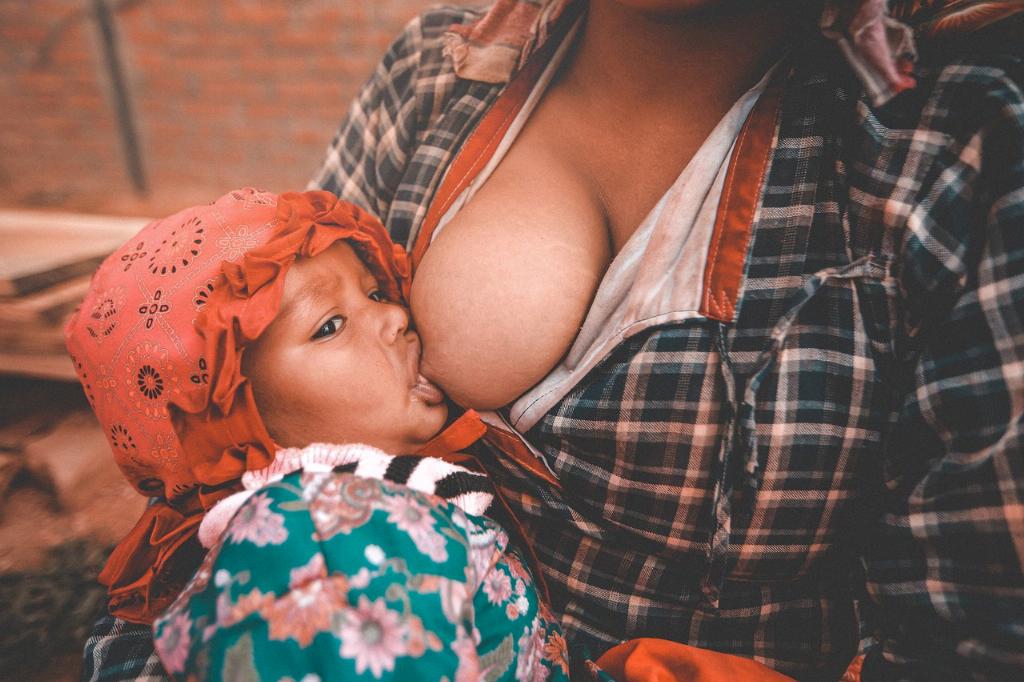When it comes to the question of whether exclusively breastfeeding means no pumping, there is often some confusion among new parents. It’s essential to understand the relationship between exclusively breastfeeding and pumping to make informed decisions about your breastfeeding journey.
What Does Exclusively Breastfeeding Mean?
Exclusively breastfeeding means that your baby is solely relying on breast milk for nourishment and is not receiving any other forms of nutrition such as formula or solid foods. This can provide numerous benefits for both the baby and the mother, including bonding, optimal nutrition, and potential health benefits.
Importance of Monitoring Weight Gain
One crucial aspect of exclusively breastfeeding is monitoring your baby’s weight gain. If your baby is gaining weight as expected and is thriving on breast milk alone, there may be no immediate need to pump milk.
Do You Need to Pump While Exclusively Breastfeeding?
While it may not be necessary to pump right away if your baby is exclusively breastfeeding and gaining weight well, there could be situations where pumping becomes beneficial. For example, if you need to be away from your baby for an extended period or if you want to build a milk stash for future use, pumping can be a helpful tool.
Benefits of Pumping
Pumping breast milk can offer various benefits, such as allowing another caregiver to feed the baby, providing flexibility for mothers who need to return to work or school, and helping maintain milk supply. It can also be a way to relieve engorgement or discomfort.
Balancing Exclusively Breastfeeding and Pumping
For some mothers, finding the right balance between exclusively breastfeeding and pumping can be a personal choice. It’s essential to consider your individual circumstances, preferences, and goals when deciding whether or not to incorporate pumping into your routine.
Factors to Consider
When determining whether exclusively breastfeeding means no pumping for you, consider factors such as your baby’s feeding patterns, your milk supply, your comfort level with pumping, and any specific reasons you may have for wanting to pump or not pump.
Consulting a Lactation Consultant
If you have questions or concerns about exclusively breastfeeding and pumping, consider reaching out to a lactation consultant for personalized guidance and support. They can help you navigate the complexities of breastfeeding, pumping, and caring for your baby.
Final Thoughts
In conclusion, the answer to whether exclusively breastfeeding means no pumping can vary depending on individual circumstances and preferences. While some mothers may choose to exclusively breastfeed without pumping, others may find that pumping can be a helpful tool in their breastfeeding journey. Ultimately, the most important thing is to make choices that are best for you and your baby’s well-being.

